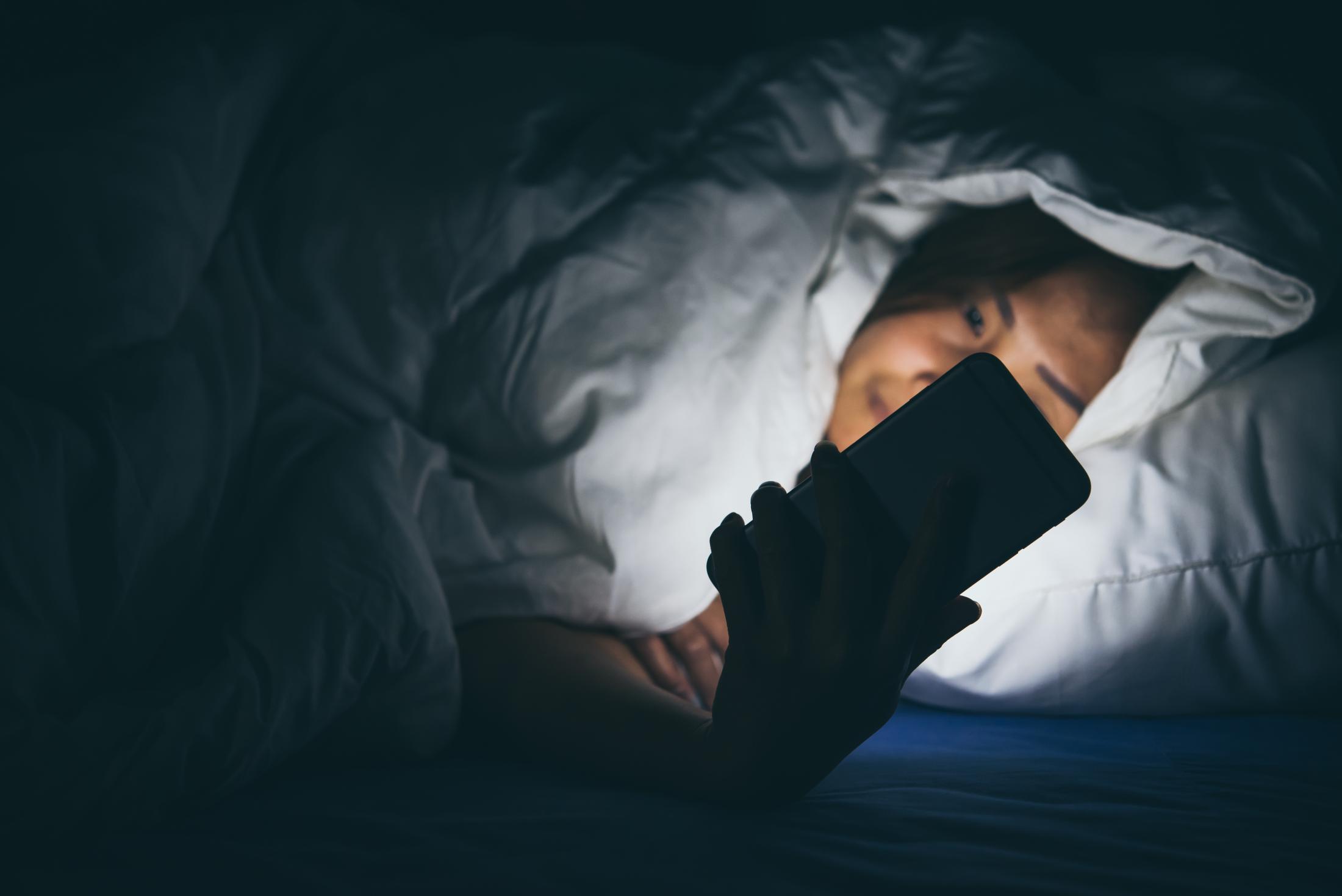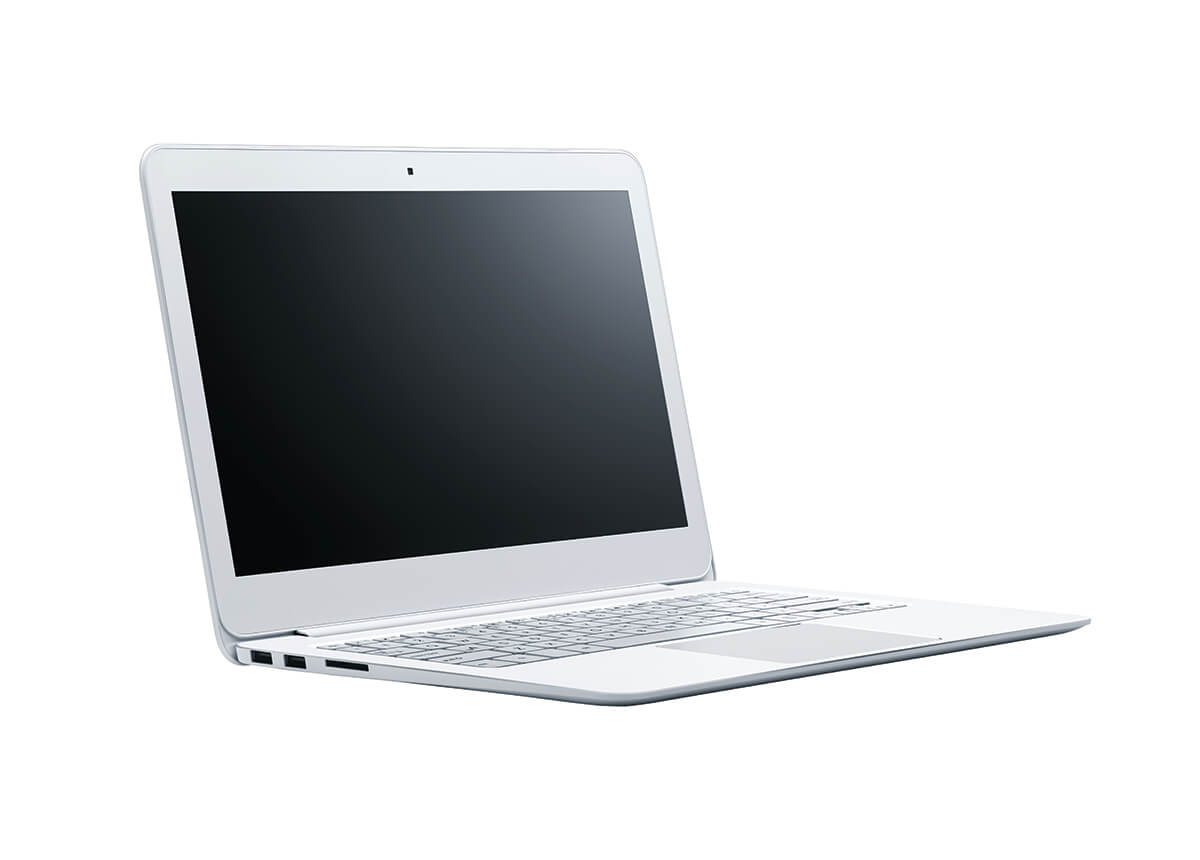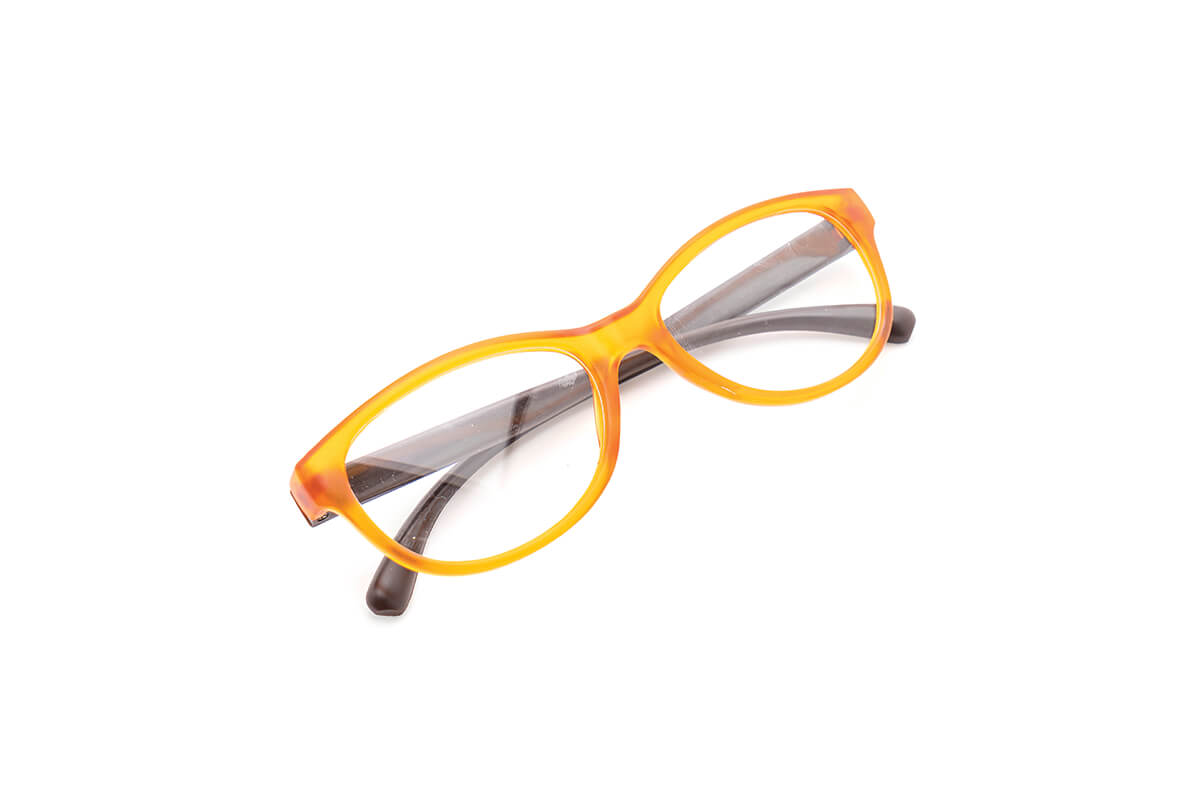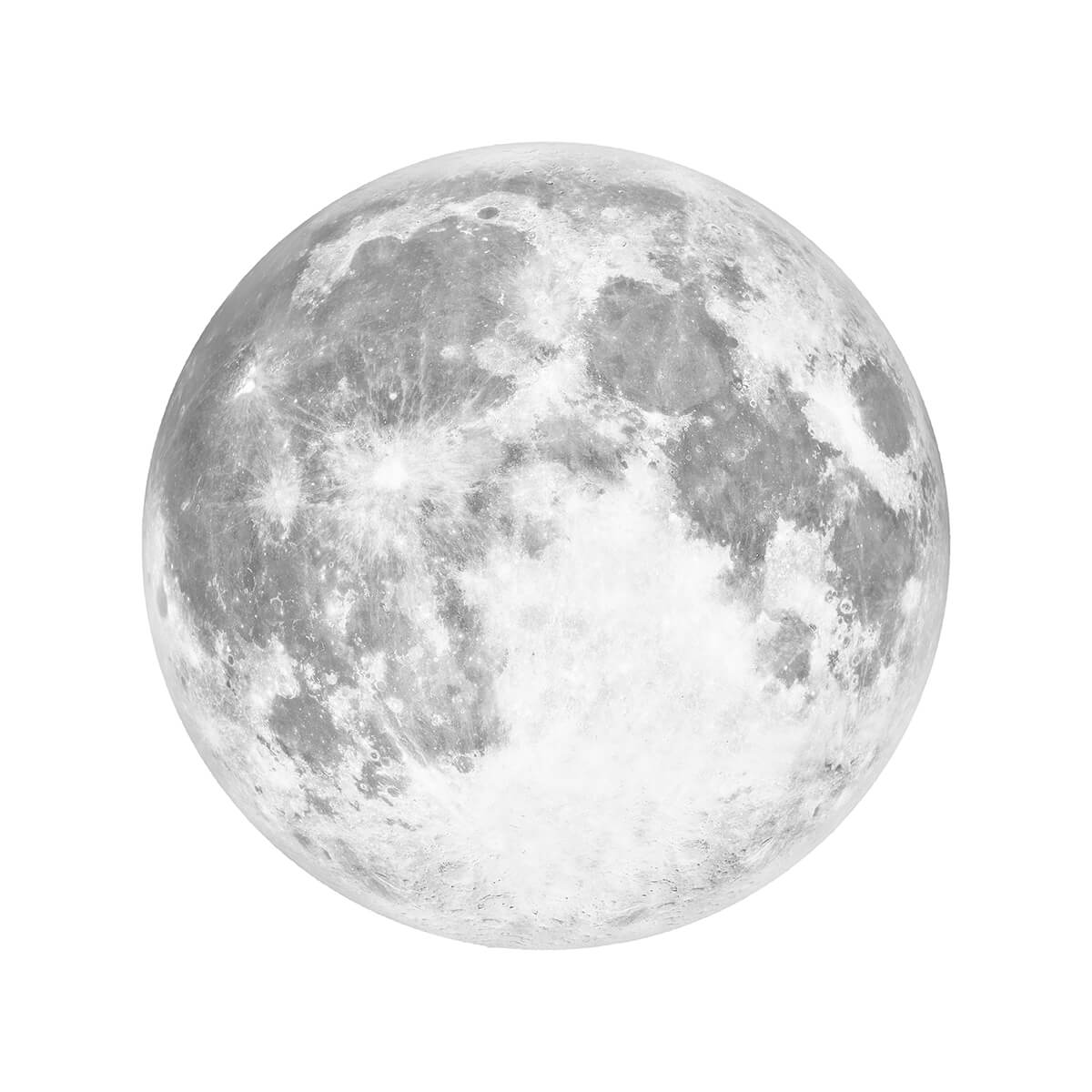Health & Wellness
How to Protect Against Blue Light and Eye Strain
We talked with Dr. Jared Scheff of Roland Park Vision Services to learn more about the impacts of too much screen time.

If you’re one to crunch long hours at work or scroll the night away on your phone, you might notice more frequent headaches or eye soreness. Turns out, staring at a screen all day really can strain your eyes. One of the culprits? Something called blue light. We talked with Dr. Jared Scheff of Roland Park Vision Services to learn more about the best ways to protect against blue light and eye strain.
Why is too much screen time hard on our eyes?
Too much screen time can put a very large strain on the eyes. Additionally, studies show a drop in the amount of blinking while using digital devices, which can lead to dry eye disease and more discomfort.
What are some best practices to maintain healthy eyes for those who work on a computer all day?
The American Optometric Association recommends following the 20-20-20 rule when working on computers or digital devices all day. This rule states that every 20 minutes, we should look at something 20 feet away for 20 seconds. This helps the eyes relax from focusing on things up close and can help prevent eye strain.
What is blue light?
Blue light is a specific kind of light with a short wavelength of 380-500 nanometers. Naturally, we see blue light when we look at a blue sky, which typically lets our brain know that we should be awake. When we are exposed to the same wavelength of light from a digital device, our brain interprets it the same, regardless if it is bright or dark outside, disrupting our wake and sleep cycle.
How do blue light lenses work?
Blue light lenses work to filter out the high-energy light from digital devices. To those wearing the lenses, it almost always looks clear. Many patients find them extremely helpful, while others don’t notice a difference.
Who would benefit the most from blue light lenses?
Those who find themselves doing computer work later in the evening or using a tablet or phone shortly before bed. Blue light tends to mimic natural sunlight, which can throw off healthy sleep patterns. Blue-light-blocking glasses come in prescription and non-prescription options. Although you do not need a prescription to purchase these lenses, an optometrist will be able to help steer you in the right direction on which brand of blue light lenses may work the best for you.
Are there ways to avoid blue light without glasses?
Some studies have shown that reducing the brightness of your devices can have the same effect as wearing blue-light-blocking lenses. This will make the colors on the screen a bit “warmer” and less blue.

TAKE A BREAK: Practice the 20-20-20 rule when working on a computer all day.

OPTOMETRIST: A trip to the eye doctor can help you choose the best blue light protection lenses for your daily needs.

NIGHT MODE: If you spend time on a device at night, take advantage of “night shift” mode.